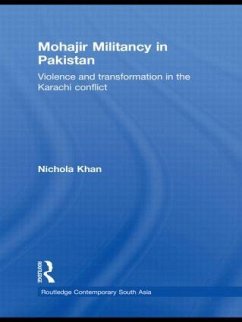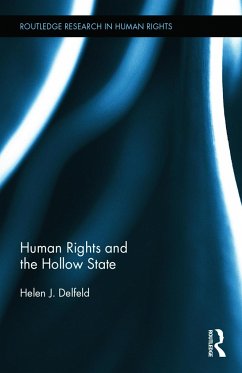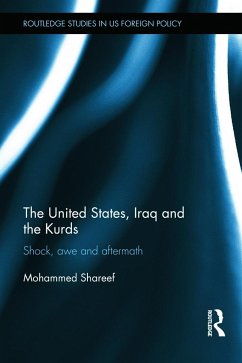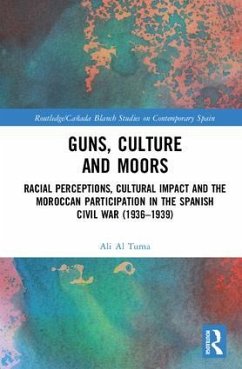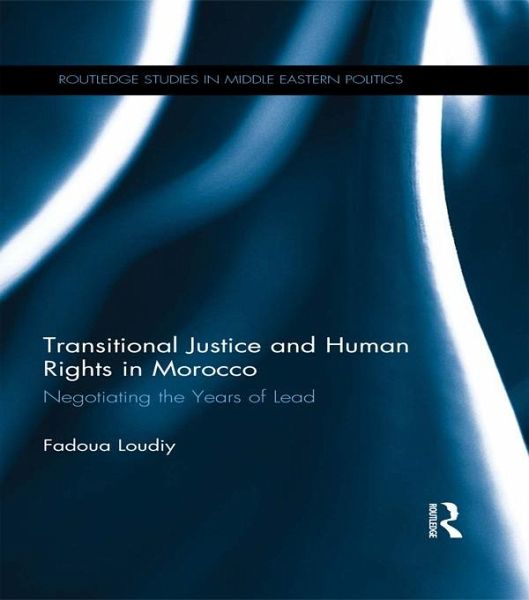
Transitional Justice and Human Rights in Morocco
Negotiating the Years of Lead
Versandkostenfrei!
Versandfertig in über 4 Wochen
187,99 €
inkl. MwSt.

PAYBACK Punkte
94 °P sammeln!
This work examines the Moroccan experience of transitional justice, more specifically the negotiation of the legacy of the period commonly referred to as the Years of Lead. This period of Moroccan history roughly spans from the early 1960s to 1999 during which thousands of citizens were arbitrarily detained, tortured and killed because of their political opinions. Through an analysis of testimonies, public documents and personal interviews, this work seeks to shed light on Moroccan citizens' struggle for recognition and reparation in the aftermath of a long history of grave human rights violat...
This work examines the Moroccan experience of transitional justice, more specifically the negotiation of the legacy of the period commonly referred to as the Years of Lead. This period of Moroccan history roughly spans from the early 1960s to 1999 during which thousands of citizens were arbitrarily detained, tortured and killed because of their political opinions. Through an analysis of testimonies, public documents and personal interviews, this work seeks to shed light on Moroccan citizens' struggle for recognition and reparation in the aftermath of a long history of grave human rights violations, ranging from arbitrary arrest and torture to state sponsored disappearances and murders. Beyond the singularity of the Moroccan case, this work's ultimate purpose is to advance a rhetoric of symbolic justice that privileges the voice of the victims and offers hope for the renewal of a community's ethos through public discourse and ethico-political practices. This book will be the first work that addresses the Moroccan experience of transitional justice as such. While Morocco's experience is presented within a historical global context, the analysis is not comparative. Other national examples are discussed primarily to situate the Moroccan experience within the relatively recent history of political transitions.



